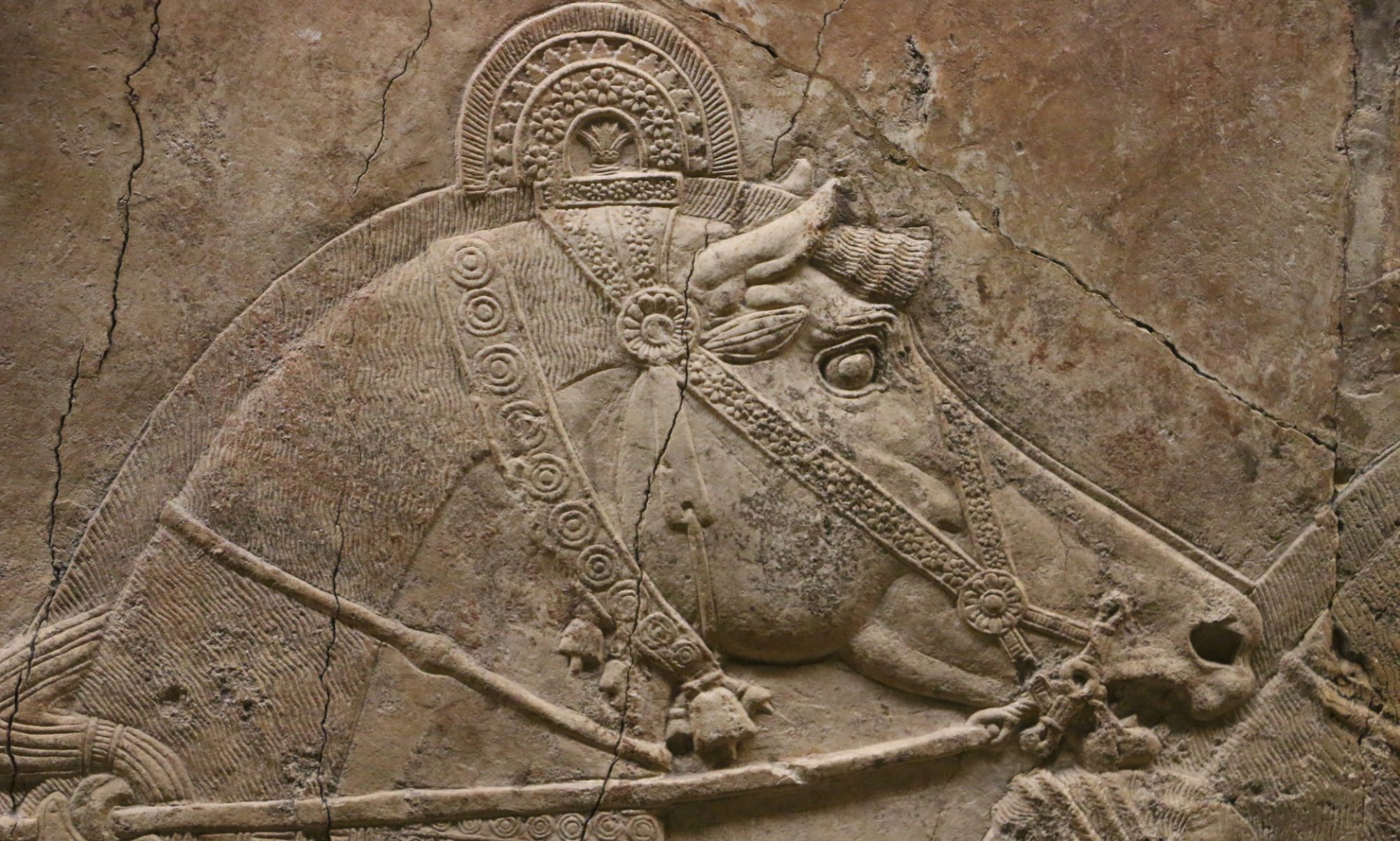
- Format Paperback | 102 pages
- Dimensions 152 x 229 x 6mm | 159g
- Publication date 25 Dec 2018
- Publisher Independently Published
- Language English
- Illustrations note Illustrations, black and white
- ISBN10 1983002119
- ISBN13 9781983002113
Maligned as the cautious, wily, German General in War and Peace, forgotten as just another Fabian General who should’ve been behind a desk in St Petersburg who feared to oppose Napoleon, by historians, Field Marshal Mikhail Bogdanovich Barclay de Tolly was one of Russia’s foremost soldiers in the Napoleonic Wars, but due to these perceptions and a multitude of factors people are quick to discount him.
” … never has a commander-in-chief of any army found himself in such an unfavourable position as I did” noted Barclay de Tolly, remembering the warm days of mid summer in 1812 as the 1st and 2nd Western Armies at marched to combine at Smolensk.
Barclay de Tolly was not a coward, nor was he, in the early months of the campaign disinterested in opportunities to strike at Napoleon’s monstrous array as it trudged towards the heart of the Russian empire, but he knew what later would become clear to the allied planners who formulated the Trachenberg plan; that glamorous maneuvers were not the only way to win wars. In his own words to the Tsar he plainly argued that during these first months of marching and fighting, in war the state was the army and as went one so would follow the other.
“would not a fanciful attempt at glory by handing the fate of the Empire to the powers of blind fate amount to a betrayal of the fatherland? Were such dreams of glorious maneuvers necessary at that time, when the aim of the war was to destroy the enemy, the enslaver of Europe?”
In his account Barclay made no secret of his opinion that he had followed the logical course to keep the army moving unless certain victory was at hand, and attributed the chaos of Borodino to General Bennigsen , who redistributed the staff officers of the army after the amalgamation under Kutuzov and thus ‘The commanding generals themselves were left with no staff officers who could report to them’ and was “sufficient to undermine the direction of the army as established by the new procedures, and amounted to the nullification of the commander-in-chief’s power.”
Though only a few names are mentioned, Barclay is very careful not to mention his issues with Grand Duke Constantine for instance, and took great care to state his case concisely. The procedures Barclay spoke of were of course his own reforms as minister of war, that in great part had prepared the Russian army for the complicated and dangerous maneuvers they had undertaken so far, reminding us that his main object in writing this account was to present a record of his services.
Wether or not, as Barclay noted ‘the commanders-in-chief of the two armies were made completely redundant,’ in the leadup to Borodino therefore reflects a bias or reality, the ruinous performance of the Russian staff at the battle is plain to see, helping us to see Barclay’s point of view, and as such readers will benefit from some foreknowledge of the campaign.
The style is terse and factual, though not onerously laboured with military minutia or theory, laced throughout is instead a forceful appeal to see things as Barclay saw them. In these pages his exhaustion through physical and mental fatigue, the veritable slings and arrows of outrageous fortune, and the strain of opposing Napoleon are plainly laid out.
This is not to say that the account is dry entirely, a novelist or man of letters Barclay de Tolly may not have been, but he did pick out some excellent moments of interaction that form colourful vignettes especially the council of Fili, and his summations come through with the greatest force, for in the end history did bear him out, because as it proved, neither Smolensk, Moscow nor even the very soil occupied by Napoleon’s horde constituted Russia in 1812, and so long as the army survived so too would the country.
The book is rounded out by a short biographical introduction and an index of names for those figures highlighted in the text as well as notes and a commentary section. This edition has one picture of Barclay, and at this time no maps.
Such as being the case this summary of the operations of the 1st western army (and to some degree the second) translated into English for the first time, giving insight into the political infighting in Russian headquarters alongside an outline of Barclay’s intentions, is a vital aid to research, and will help improve our understanding of this pivotal event in the Napoleonic Wars.



You must be logged in to post a comment.